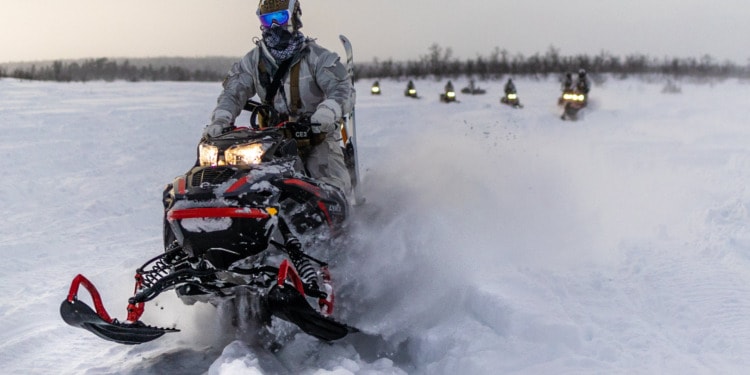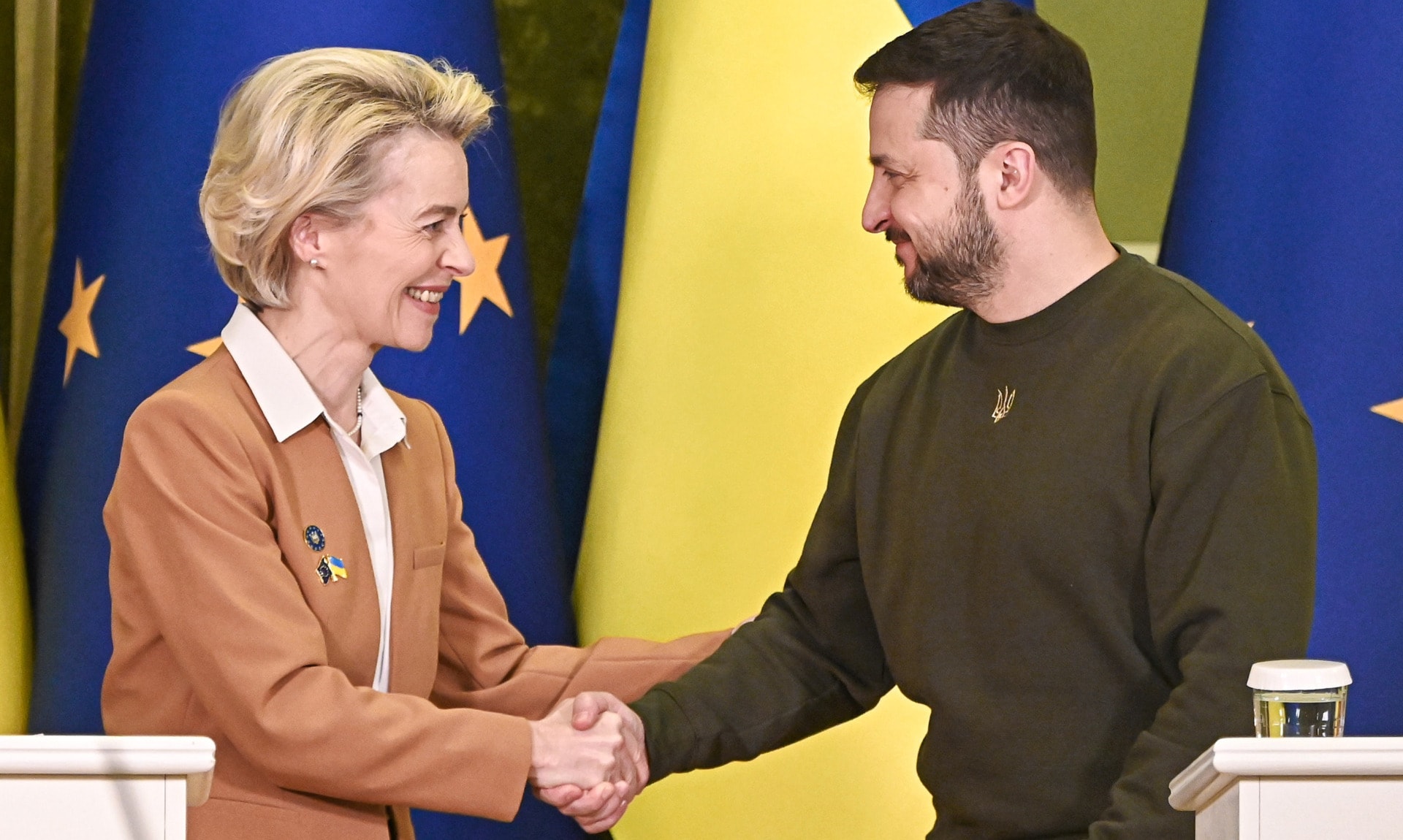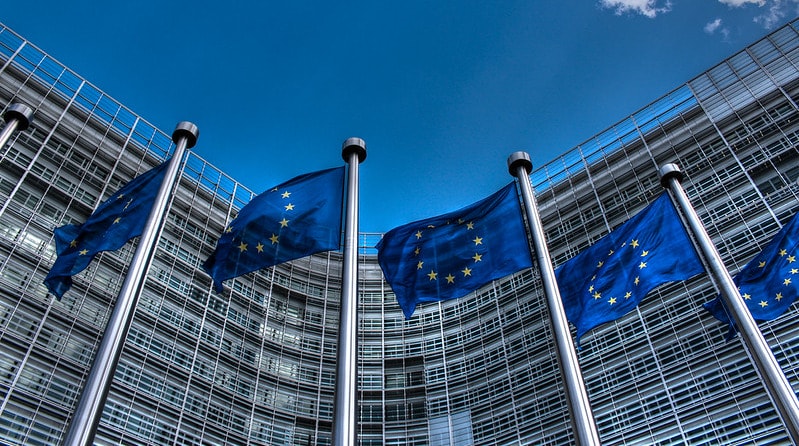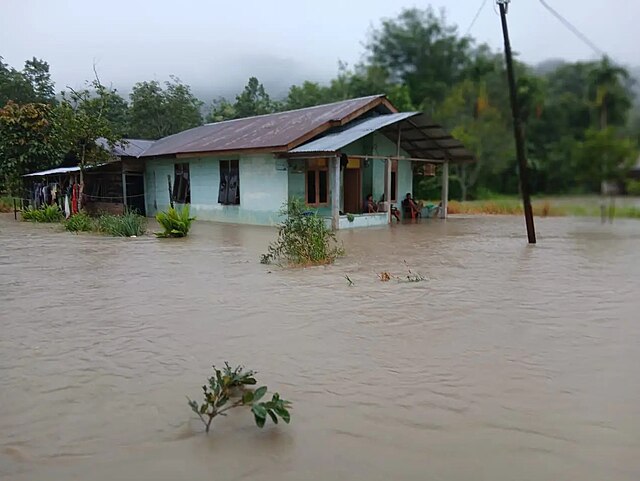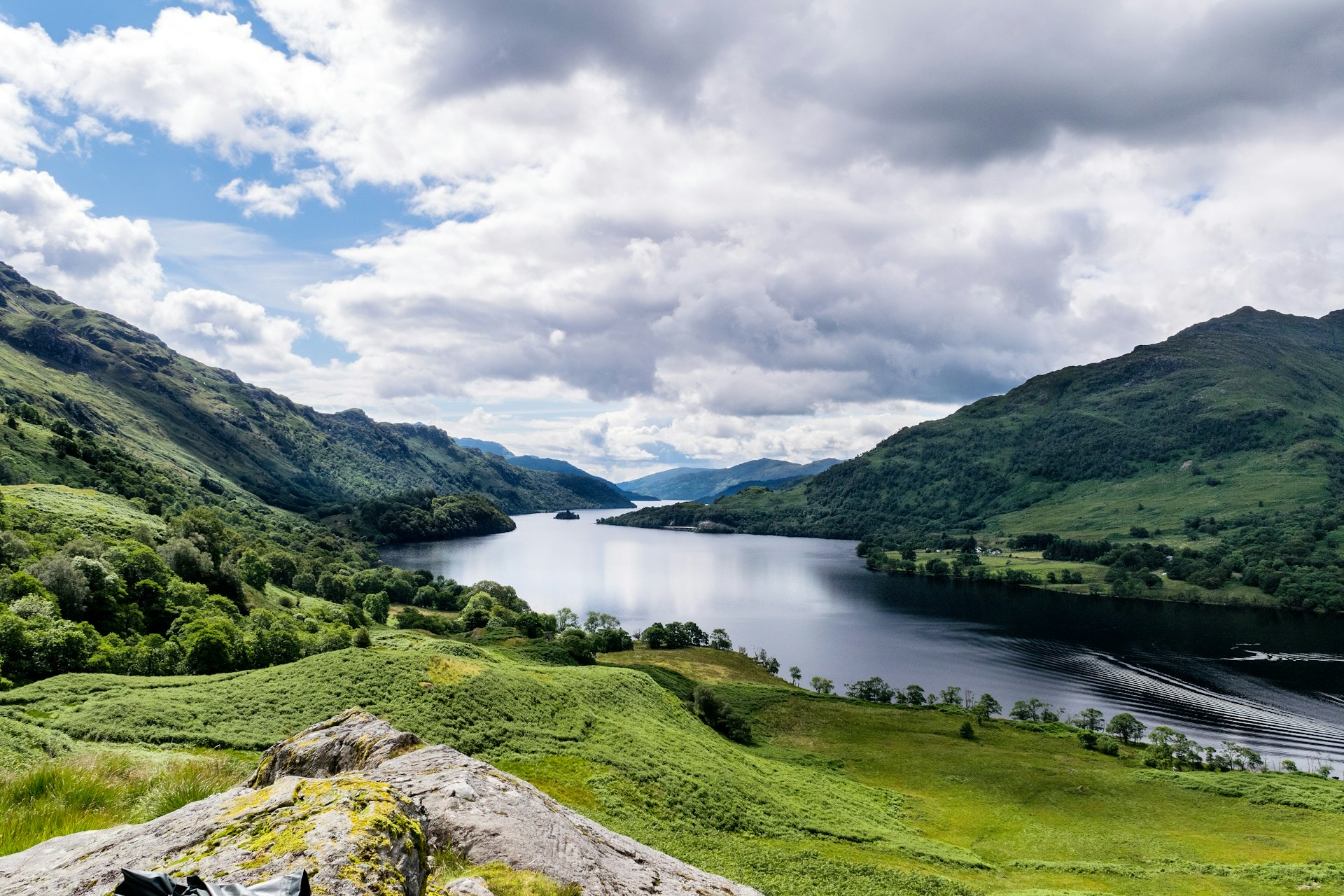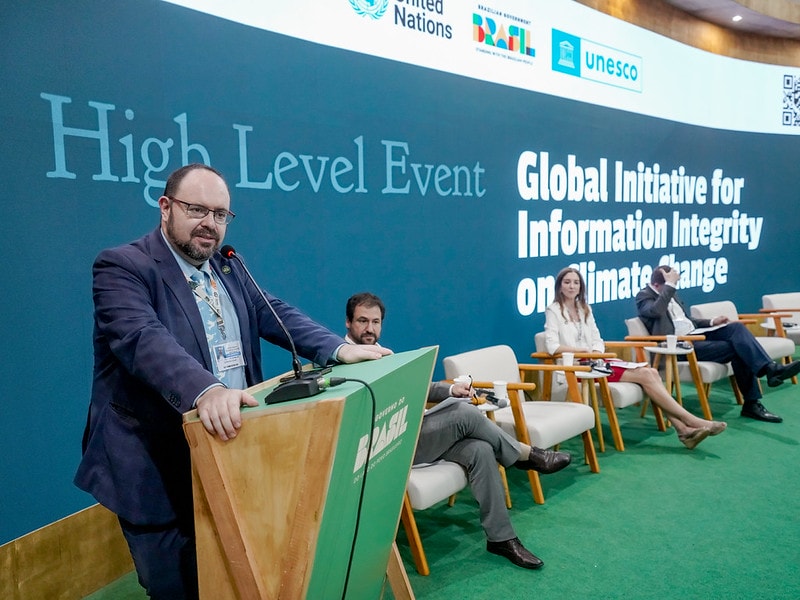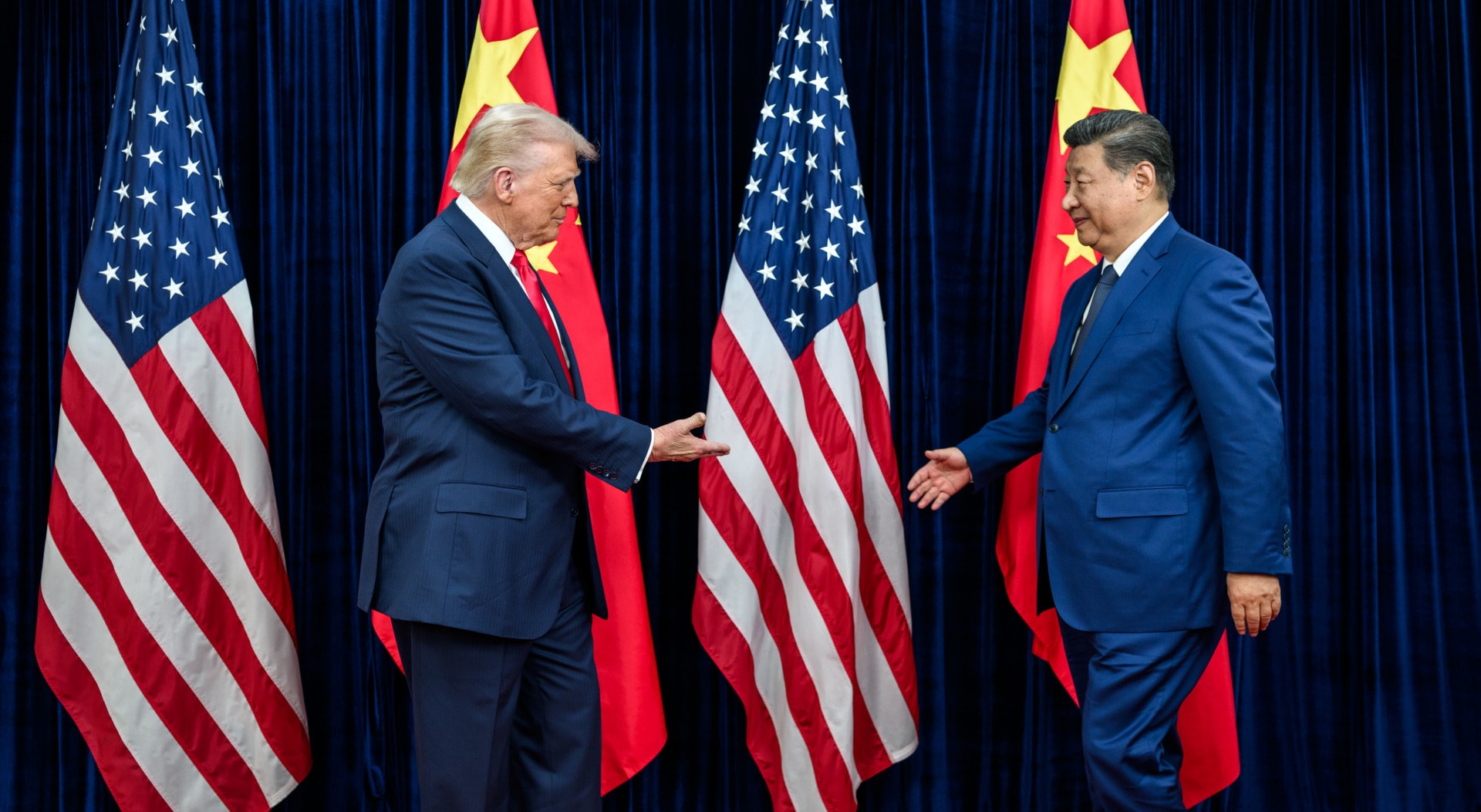Donald Trump recently stated that he wouldn’t rule out using military force to acquire Greenland, citing its strategic importance for the United States. Thus, he blithely overlooked Greenland’s history and political ties to Denmark. Greenland has been part of Denmark for over 600 years and obtained broad self-governing autonomy in 2009. For many people in Europe, Trump’s recent announcement sounded like sheer madness, something to be laughed at or ignored.
Yet European politicians and the press did neither and took him very seriously. Among others, Politico, in a recent article, even argued that there was a certain method in Trump’s Greenland madness. It noted how deeply ironic that a climate denier such as Trump, bent on demolishing the EPA and every Federal regulation meant to protect American citizens from climate change, should be the one now addressing the very real geopolitical challenges caused by climate change in the Arctic. As the ice melts, new resources and trade routes are freed. And the states bordering the Arctic are necessarily led into a vicious competition.
As often argued on Impakter (see one of my earliest articles here), World War III is far more likely to start in the Arctic than in the South China Sea around Taiwan — despite what everyone says in the press and social media.
Why? The answer is simple: A war started in the Pacific would involve only two major powers, the U.S. and China and thus would stand some chance to be contained. By contrast, a war in the Arctic would involve many more powers, all of them bordering either directly or indirectly on the Arctic:
- On one side: the U.S. Canada and North European countries (Denmark, Norway, Sweden, Finland and of course Greenland) which also happen to be members of both NATO and the European Union, and that means a rapid spread of the conflict to countries that do not border the Arctic;
- On the other side: Russia, as Putin has always had his eyes on it (since the early 2000s), understanding its geopolitical and economic potential earlier than anyone in America; and China, even though it doesn’t border the Arctic, but it sees it as a lucrative and easy source of fossil fuels and minerals, now that arctic ice breaking up making access easy; and both countries happen to be the founding members of BRICS: How strong BRICS is and whether it can ensure the spreading of the conflict to other countries such as India, South Africa, Turkey or Brazil remains to be seen, but the involvement of some of them (even indirectly through provision of military supplies and equipment and voluntary fighters) cannot be excluded.
So there you have it: The perfect scenario for another world war, and just when we need it least, as climate change ramps up.
Trump’s claim on Greenland: bad diplomacy, alienating America’s natural allies
It was at a news conference on Tuesday in Florida while his son, Donald Trump Jr., was on a surprise visit to Greenland that Trump said:
“I’m talking about protecting the free world. You don’t even need binoculars. You look outside, you have China ships all over the place, you have Russia ships all over the place. We’re not letting that happen.”
He’s right about Russia and China being all over the place. But he’s wrong about Denmark and Greenland: You don’t insult your natural allies, alienating them when you are going to need them in a potential coming conflict.
One can agree with Arild Moe’s assessment of Trump’s approach as “crude diplomacy.” But it’s more than that, it’s outright bad diplomacy, and it shows that Trump has no understanding at all of either history or how international collaboration works.
A country is never an island; it cannot go alone, no matter how powerful it is, and even the U.S. needs allies to win a worldwide conflict. America must maintain its allies’ trust by showing that it stands by the treaties it has signed. And this is precisely what Trump doesn’t do. Most concerning is his eagerness to engage in countless “tariff wars,” not just against China but against all of America’s allies.
Astonishingly, he’s threatened Canada and Mexico with tariff wars even though they had dutifully signed in 2020 the revised trade agreement replacing NAFTA, that he himself had imposed on them at the time.
As I write, Trump has just announced that he plans to change the name of the Gulf of Mexico to the “Gulf of America.” He believes the new name is more appropriate and has a “beautiful ring to it.” Of course, other countries don’t have to go along with it, and it is totally inconsequential from a geopolitical standpoint. Obviously, he only meant to keep his fan base happy. But it clearly shows what an insensitive bully he is on the international scene, and someone with zero respect for others and zero knowledge of history.
In short, Trump is signaling to all and sundry that he cannot be trusted. Unsurprisingly, French Foreign Minister Jean-Noel Barrot told French radio on Wednesday that “there is no question of the EU letting other nations in the world, whoever they may be, attack its sovereign borders.”
A smarter strategy: Build trust and collaborate
For a start, a more effective strategy would involve diplomatic engagement and cooperation with Denmark and Greenland. Trump should listen to his Foggy Bottom diplomats. Moreover, the Pentagon has always valued Greenland as a “gateway to the Arctic” as long ago as the 1940s, and why shouldn’t Trump listen to his military?
It is obvious that increasing U.S. presence and influence in the Arctic can best happen through collaborative efforts rather than unilateral demands.
Editors Note: The opinions expressed here by Impakter.com columnists are their own, not those of Impakter.com — In the Featured Photo: US military exercises in the High North, photo taken on February 25, 2022. Source: NATO on Flickr


